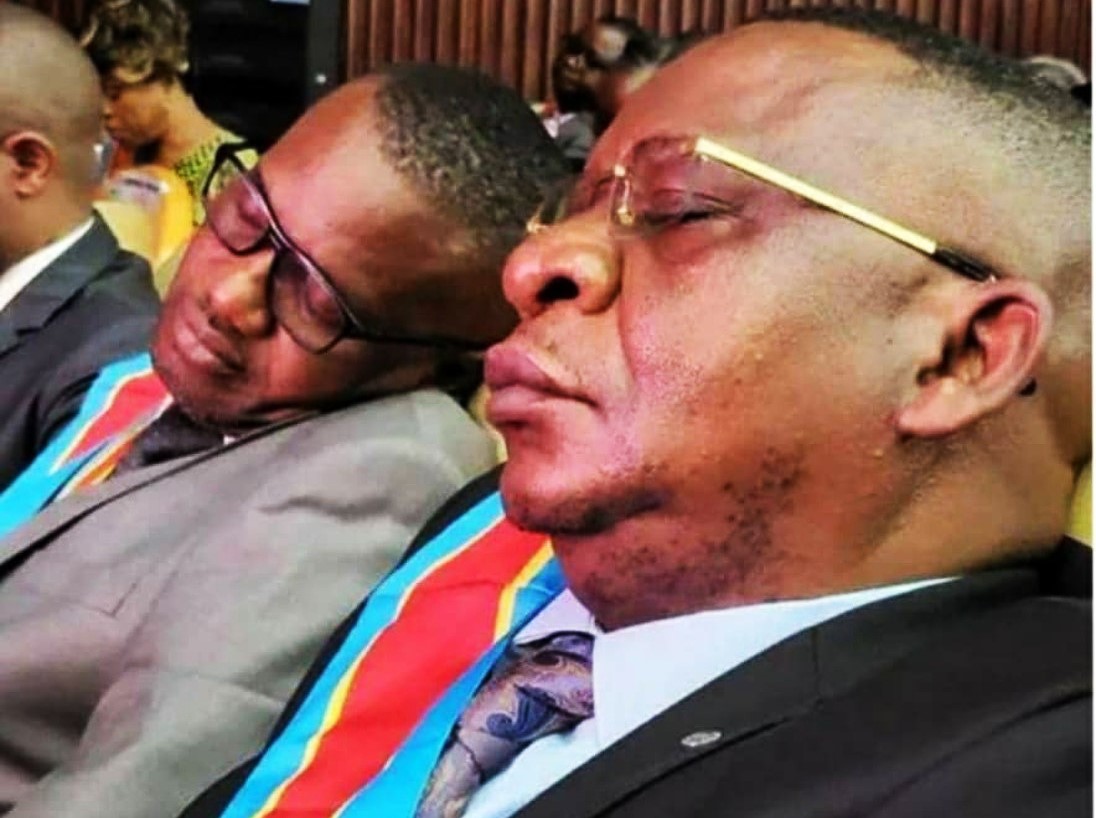EAC rejects Military intervention in solving DR Congo conflict. Tshisekedi snubs Tanzania’s Summit
The Chairperson of the East African Community, William Ruto has played down suggestions for military interventions to quell the ongoing conflicts in the Democratic Republic of Congo.
Instead, Ruto, who is also the President of Kenya is calling for peaceful dialogues other than violence.
On the other hand, a joint communique from the East African Community calls for ceasefire in DRC.
And as far as the EAC chairperson is concerned, this should, however, not be construed as a sign of weakness
Speaking at the joint EAC and Southern African Development Community Summit on DR Congo Conflict, in Tanzania, President Ruto however acknowledged the complexity of the conflict, describing it as protracted and involving multiple actors with varying interests.
William Ruto pointed to the ‘clandestine international dimension’ allegedly influencing the situation, warning that the destructive effects of these external forces must no longer be ignored.
While the President of Rwanda, Paul Kagame who is being accused by the West for aiding the rebels’ groups fighting in the DR Congo, managed to attend the presidential summit meeting in Dar-es-salaam, his Congolese counterpart President, Felix Tshisekedi did not turn up.
Instead, Tshisekedi attended virtually from the comfort of his office in Kinshasa. The Dar event was hosted by Tanzanian President, Samia Suluhu Hassan.
The Chairperson of the African Union Moussa Faki Mahamat was also present though there were reports that at one time he was asked out of closed sessions.
But again, many of the DR Congo delegates at the meeting were captured by photographers dozing during the sessions indicating less seriousness in the matter.

All the same, the Kenyan Head of State reiterated that the ongoing conflict in the eastern Democratic Republic of Congo (DRC) can only be resolved through dialogue and not military action.
Ruto emphasized the need for a comprehensive dialogue that addresses the underlying causes of the crisis while securing the DRC’s territorial integrity and sovereignty.
“For this reason, it is equally clear that such a conflict cannot be resolved through military means,” he said. “We must resist the temptation of thinking that we can somehow shoot or bombard our way into a solution in the face of the complexity involved.”
The joint EAC-SADC dialogue, he said, must bring together multiple stakeholders including regional states and international bodies and in order to dialogue and collaborate to explore, develop, and implement a lasting solution.
Others are political organizations, civil society groups, and the Congolese government.

